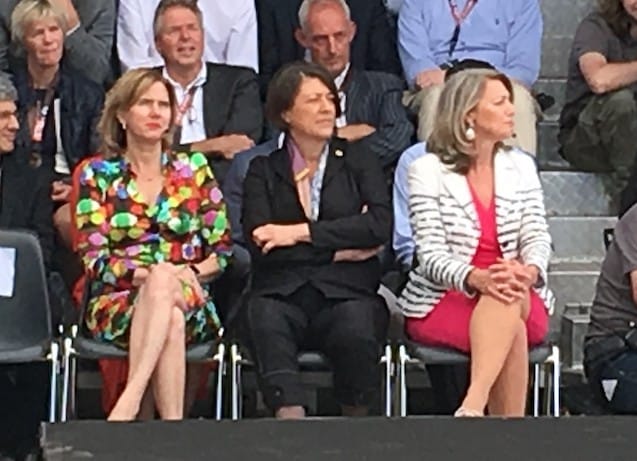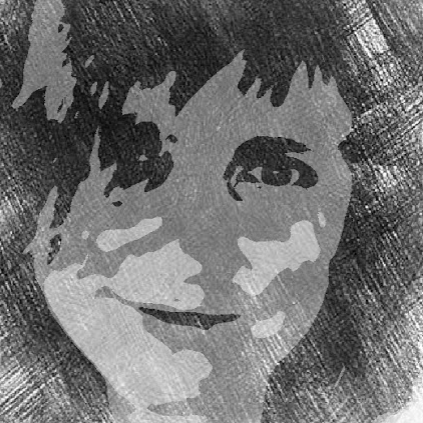

During the presentation from the Dutch company Hardt last week in Delft of their super fast floating train, Euro Commissioner of transport Violeta Bulc put in an appearance. We took the opportunity to ask her opinion on the measure taken by the Technical University of Eindhoven to only hire women for science jobs in the coming year and a half.
Bulc herself trained as an IT engineer at the university in Ljubljana in Slovenia. After that, she worked at several high tech companies in the US, was the managing director of Telekom Slovenia, and a CEO at Vibacom, a company that specializes in sustainable strategy and the innovation of ecosystems.
“I worry about the drop in female students at technical universities”, she told Innovation Origins in an exclusive interview. “It is our responsibility to bring awareness to this.”
The Technical University of Eindhoven recently announced that because women are severely underrepresented, they will only hire women for science jobs in the next one and a half years. What do you think about this measure?
„Well, I will tell you. I sincerely believe in quotas. So I do believe that we need not lower standards, but that we need to encourage women to apply for the jobs. The way we did it in the European Commission is that we set targets. Women should be represented in like 40 percent of the top jobs in the Commission. And within four years, we got that.”
So using quota for women works.
„It works.”
You were educated as an information technologist at the university of Ljubljana in Slovenia, in the 1980’s. How was this perceived in Slovenia at the time? Were you an exception to the rule? Or were there many women in IT?
„Well, I am from the second generation at the faculty for computer science and informatics at the university of in Ljubljana, and that was a part of the electrotechnical faculty of the university. So previously, there were may be 8 female students out of 400 students. But with the arrival of the faculty for computer science, we became one third of them! So, since then, women were no longer an exception to the rule. And I loved it. But I am a bit worried now. Because what we see now is that at the technical universities, there is a drop again in female students entering the university. So I think it is our responsibility to bring awareness to this. And, as I told you before, we have a special platform for women who want to work in the transport sector now. So, on the political level of the EU, we are encouraging women to enter the transport professions. And I think that is now more possible than before, as digital technologies are coming in. There is a completely new standard for jobs. And also the working hours are just a bit different than before. So there will be more opportunities for female candidates to enter the transport sector.”
Is the underperformance of technical universities in hiring women a European problem?
„No, it’s global.”
What would be a solution on the European level for underperforming technical universities to attract women for jobs and education?
„Quotas. Role models. Encouraging female colleagues to apply for jobs. Apply for positions. For example in politics, it is important where you place the female candidates. Because too often the female candidates are placed in positions that are unelectable.”
You worked in San Francisco as an IT engineer from 1991 until 1994. Is the participation of women in tech jobs in the US better than in the EU? Does the EU have a competition problem because of this?
„Well, again: I was in the IT world. And, may be, we were not equally represented, but there were a lot female colleagues. I would say, maybe 30 percent, or even more, already at that time. So I think, within the high tech world, the digital world attracts more females than any other technical field does. Yet I can assure you that this group of women will become larger and larger in the coming years. And that I think that we will achieve much better, more sustainable solutions when we have better gender balance in our teams. Even in technical fields.







